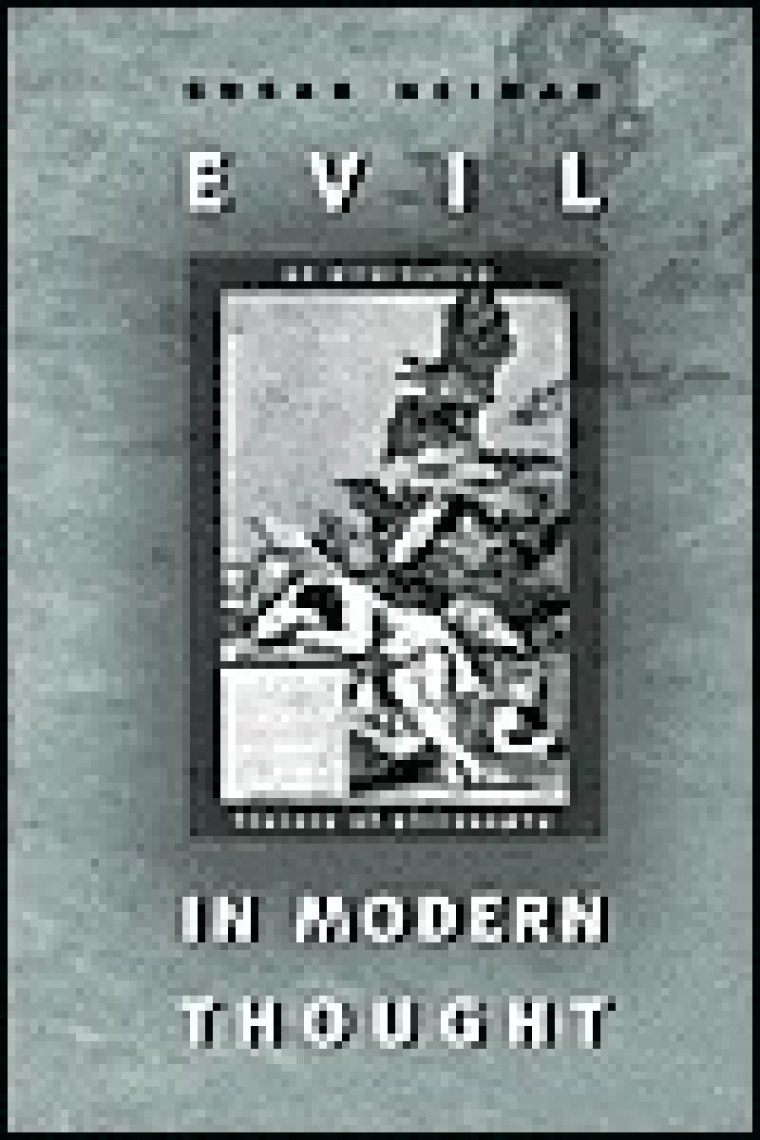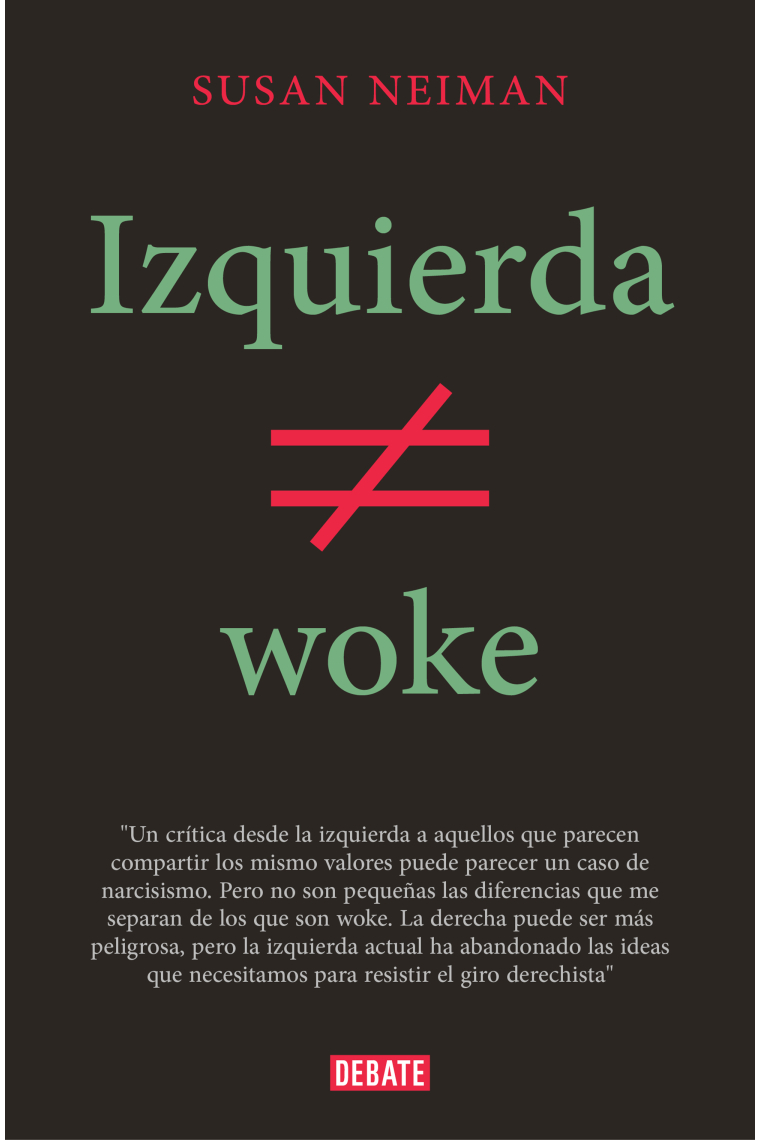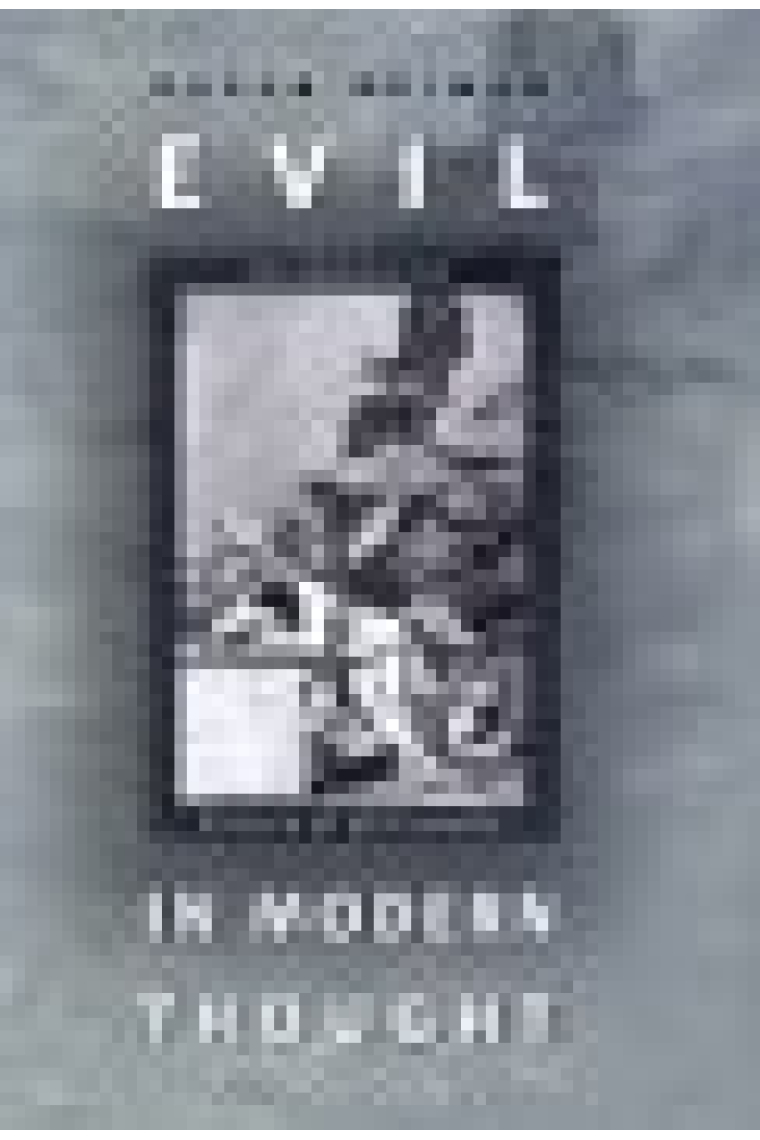Detalles del libro
Whether expressed in theological or secular terms, evil poses a problem about the world's intelligibility. It confronts philosophy with fundamental questions: Can there be meaning in a world where innocents suffer? Can belief in divine power or human progress survive a cataloging of evil? Is evil profound or banal? Neiman argues that these questions impelled modern philosophy. Traditional philosophers from Leibniz to Hegel sought to defend the Creator of a world containing evil. Inevitably, their efforts -- combined with those of more literary figures like Pope, Voltaire, and the Marquis de Sade -- eroded belief in God's benevolence, power, and relevance, until Nietzsche claimed He had been murdered. They also yielded the distinction between natural and moral evil that we now take for granted. Neiman turns to consider philosophy's response to the Holocaust as a final moral evil, concluding that two basic stances run through modern thought. One, from Rousseau to Arendt, insists that morality demands we make evil intelligible. The other, from Voltaire to Adorno, insists that morality demands that we don't.
Beautifully written and thoroughly engaging, this book tells the history of modern philosophy as an attempt to come to terms with evil. It reintroduces philosophy to anyone interested in questions of life and death, good and evil, suffering and sense.
- Encuadernación Tapa blanda
- Autor/es Neiman, Susan
- ISBN13 9780691117928
- ISBN10 0691117926
- Páginas 358
- Año de Edición 2004
Evil in modern thought: an alternative history of philosophy
- Susan Neiman
- Editorial PRINCETON
- ISBN 9780691117928
 ¡Gracias por comprar en librerías reales!
¡Gracias por comprar en librerías reales!

 Lo mejor de noviembre
Lo mejor de noviembre  Alibri Llibrería, Barcelona
Alibri Llibrería, Barcelona
 Librería Lé, Madrid
Librería Lé, Madrid
 Caselles Llibrería, Lleida
Caselles Llibrería, Lleida










